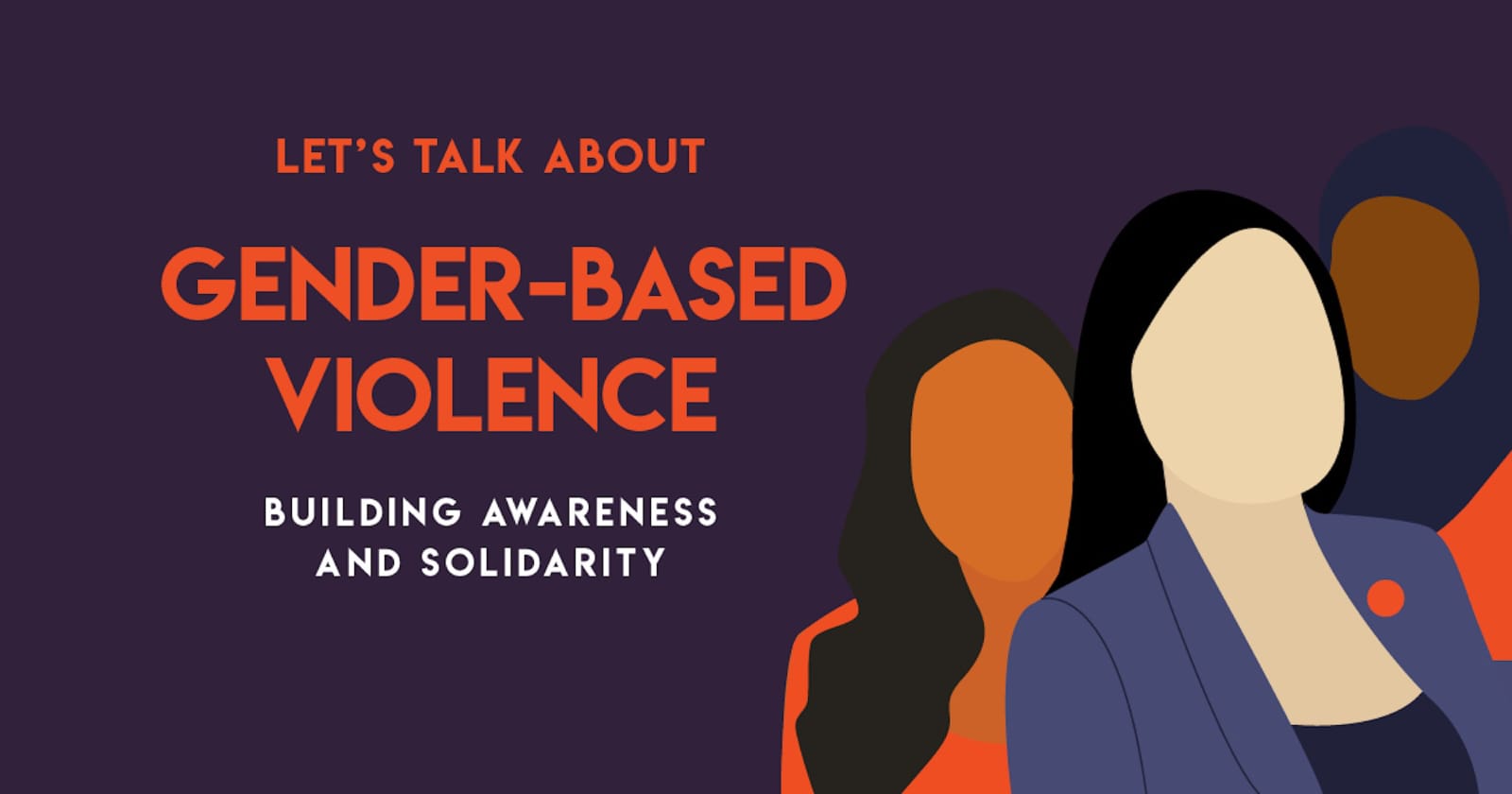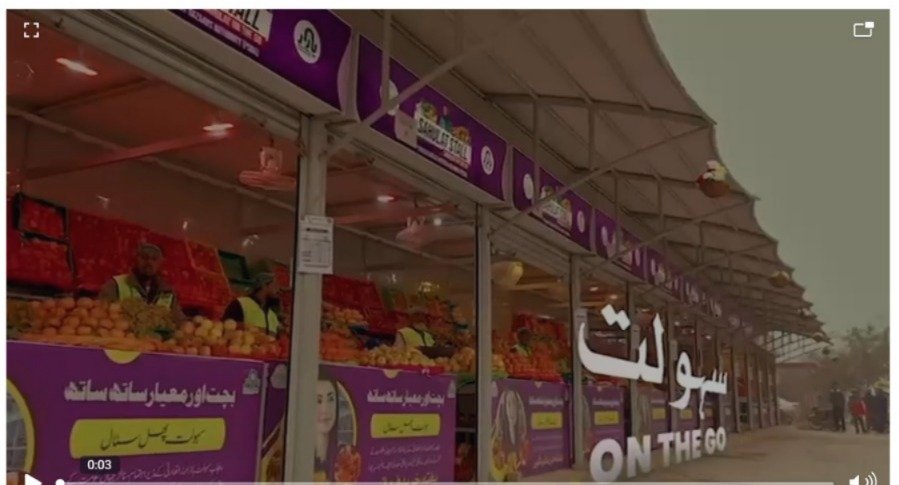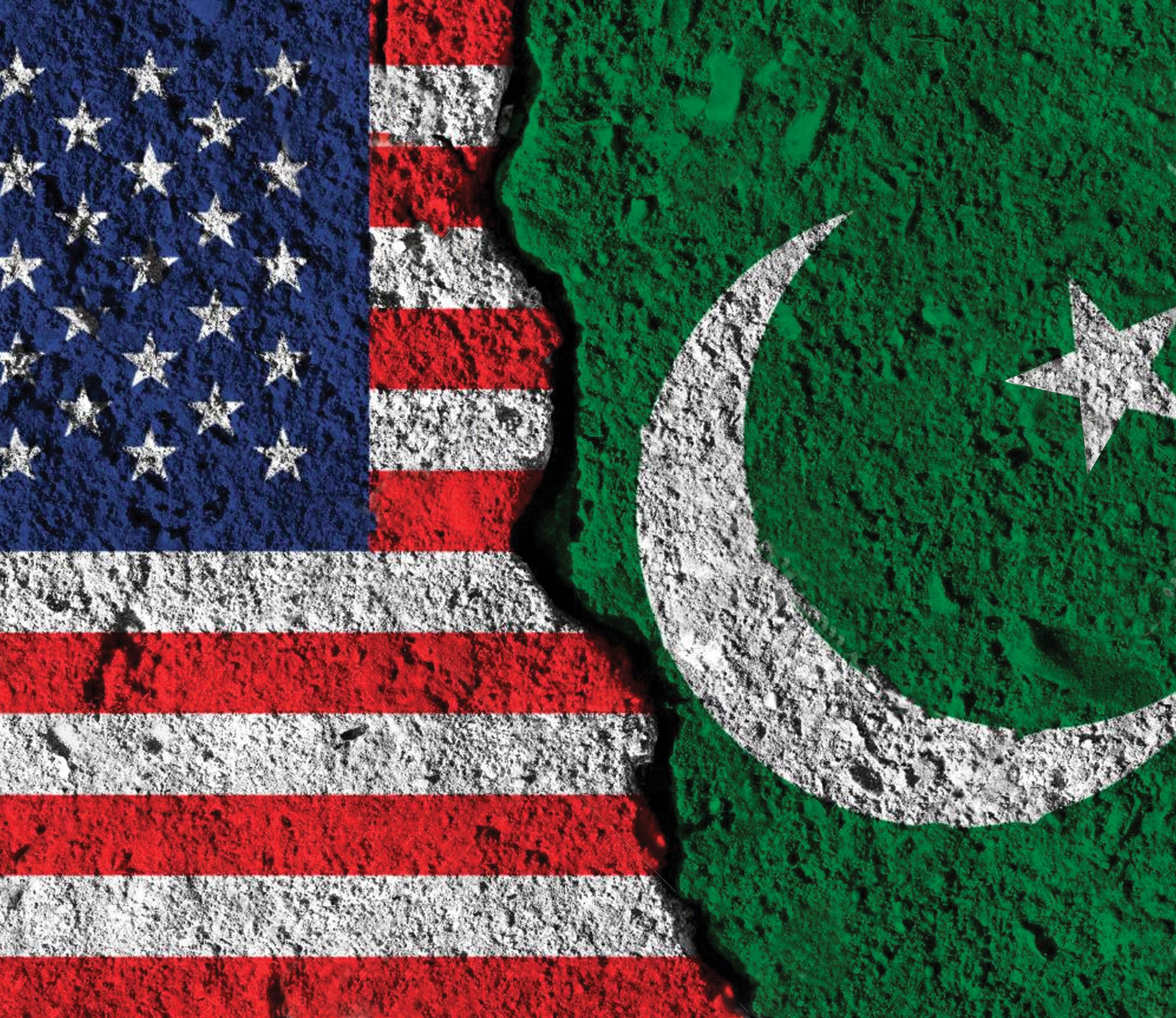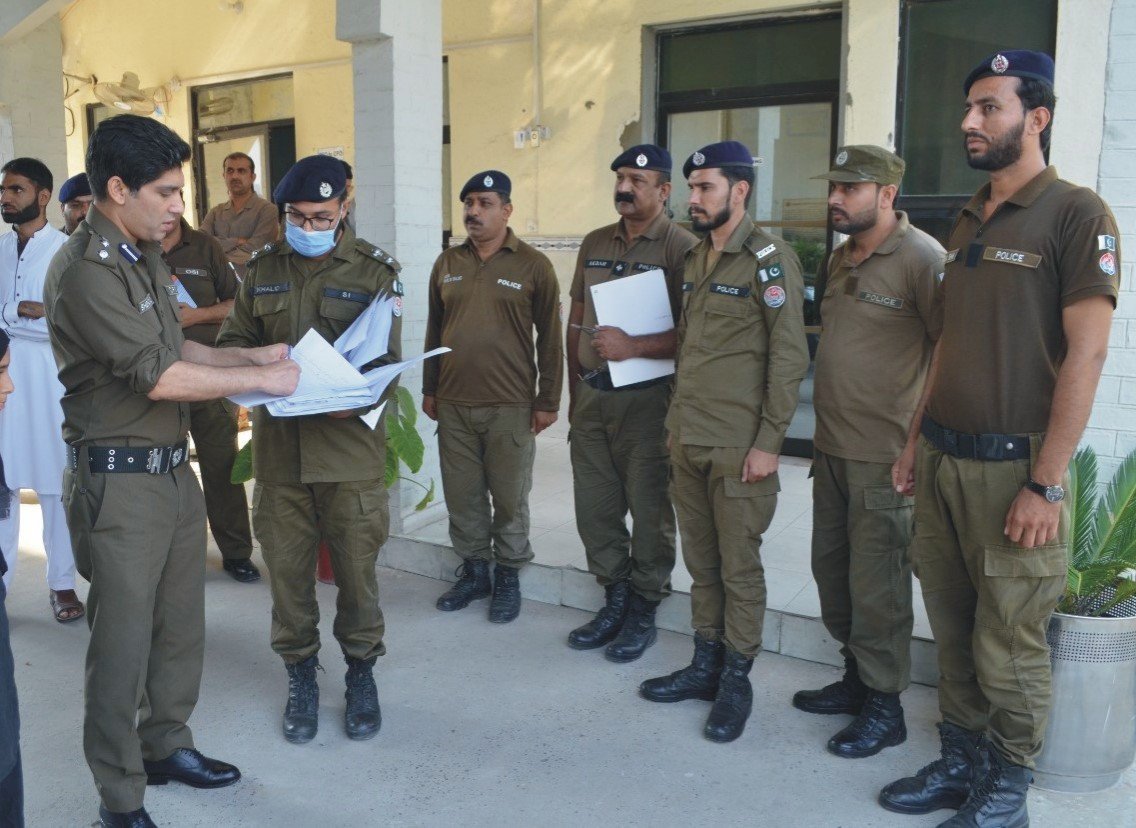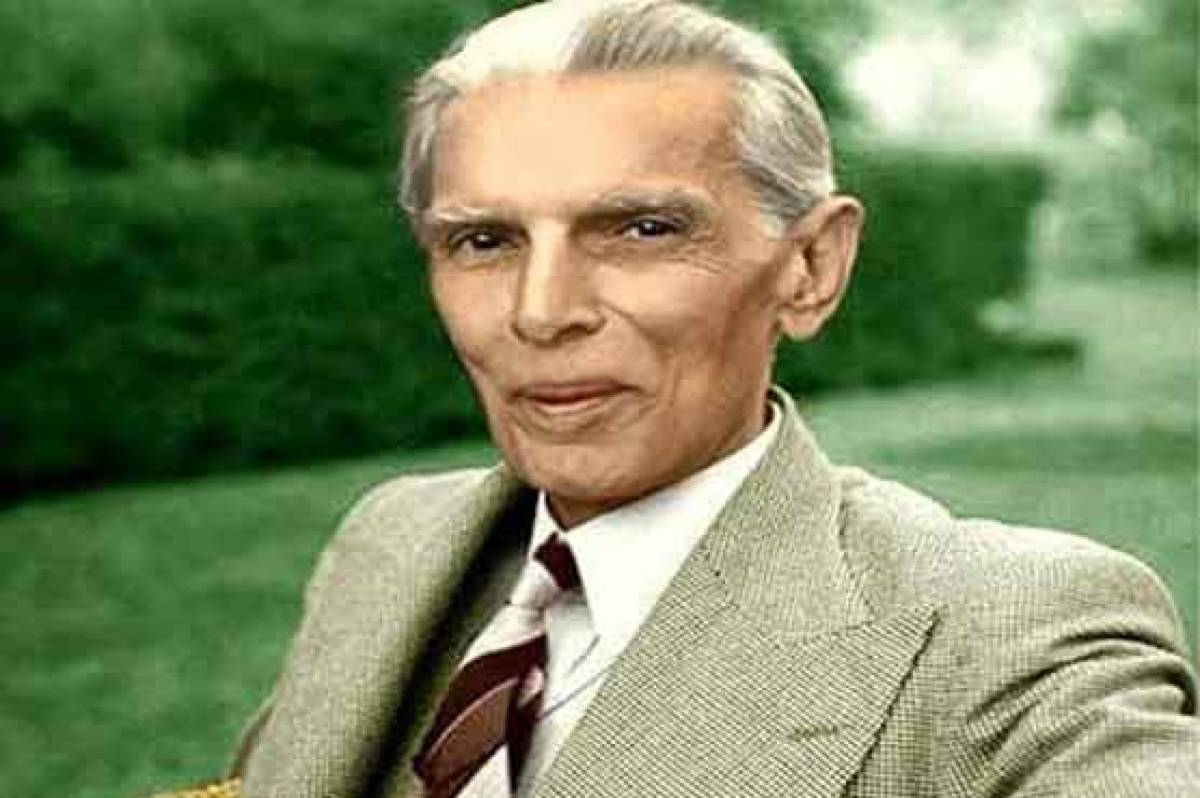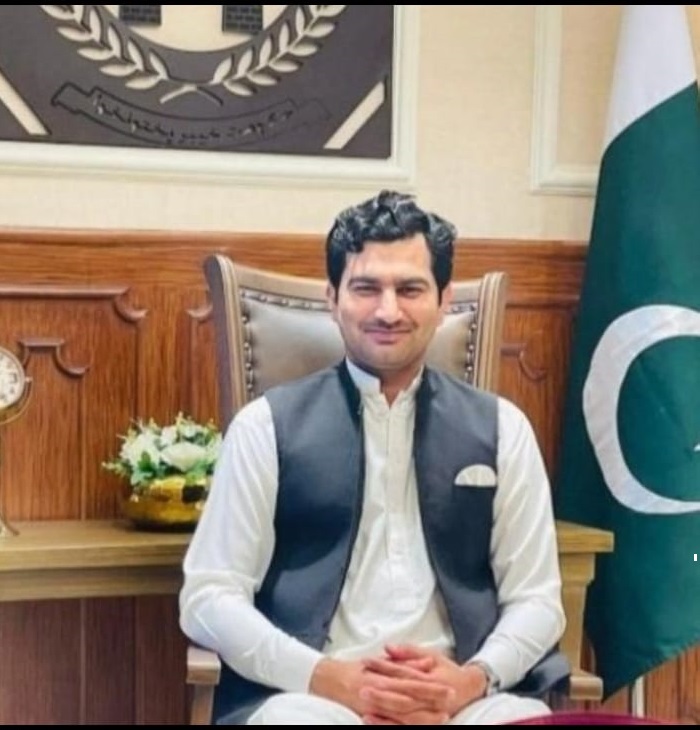
By: Shahid Ullah Shahid @shahidullahpms
The writer is a Provincial Civil Servant working in KPK
Sara Inam’s incident in Islamabad is one of the recent murder cases that came into the limelight. However, thousands of such murders, rapes, mental tortures, and economic deprivations are taking place in the Islamic Republic of Pakistan without being noticed and registered. These incidents are not a ‘few’ anecdotes of brutality but a reflection of everyday life for women in Pakistan. Hence, such inexorable cases tell us something deep in our society that needs to be surfaced, understood, and tackled.
The word gender refers to socially constructed roles, behaviors, activities, and attributes that a given society deems appropriate for men and women. Roles are divided based on masculinity and femininity; particular behaviors are expected from men and women accordingly. These expectations and divisions vary from society to society. This variation tells us an essential fact that gender is socially constructed. It is not something natural. It is sometimes mixed with sex which is something anatomical, naturally given. The former can be changed but the latter can’t.
Gender-based violence refers to the harmful act directed at individuals based on their gender. It is worth mentioning that violence against women has not been limited to rape and sexual harassment. It is an umbrella term that includes acts that inflict physical, mental, and sexual harm. Moreover, it constitutes a violation of women’s rights; the right to life, the right to equal protection under the law, the right to equality in the family, the right to the highest standard attainable of physical and mental health, and the right to liberty. It, therefore, encompasses physical, sexual, economical, and psychological violence. Regrettably, all forms of violence directed against women are due to their gender. They are not random but premeditated, learned, and inflicted. These violations are not visible to those who carry out these.
Time and again women have been subjected to brutality, sexual harassment, and economic exploitation. In 2018, a Thomson Reuters Foundation survey of about 550 experts said: “Pakistan is the sixth most dangerous and fourth worst in terms of economic resources and discrimination for women as well as the risks women face from cultural, religious and traditional practices including so-called honor killings.” Pakistan also ranked fifth on non-sexual violence including domestic abuse. The above figures may surprise us but these are the tip of the iceberg.
Let’s shed some light on the issue and its causes. The problem is multidimensional. The roots are deep. Multiple theorists ascribe multiple factors that lead to violence and legitimize the reasons. Social constructs about women are the foremost reason for this agony. Men always resort to violence against women because they deem it appropriate to do so or something they have the legitimate right to do. Such a mindset has been instilled by society itself. Men always keep property inherited by their fathers just because they think it is their right to seize it. Secondly, unequal distribution of power and wealth widens the gap between men and women. Furthermore, men have been considered as breadwinners and women as housekeepers which further deepens the cracks. Most women are financially dependent on men and they have no decision-making power at home. They are forced to submit to the decision made by men regarding their education, health, dressings, way of thinking, employment, socializing, and marrying. Thirdly, the learned behaviors through observation, experience, culture and communities also breed violence. Finally, unequal social status makes women a soft target of violence. Men perpetrate violence because they have the ability to do so. Community norms privilege and ascribe higher status to men and lower status to women.
The more worrisome fact about our society is that women are the victims of inhuman crime but are also blamed for the latter. It only adds insult to injury for the women. In 2002, Mukhtar Mai, a rural Pakistani woman was gang-raped on the orders of her tribal council as punishment for her younger brother’s alleged relationship with a woman from another clan. In September 2020, a woman raped in front of her children was blamed by a top police officer for traveling too late at night on the motorway. Most of the time, rape and sexual assaults are linked to women’s clothing and attire. The list of violent acts goes on.
The issue itself is an issue. Can anyone be a winner when half of society’s members are kept at bay? It corrodes our society from the inside. The poison dilutes the sweetness of relationship and kinship. Such inequality weakens the bonds of affection, love, and goodwill. Therefore, it is highly imperative to check this malignancy from further penetration. Fortunately, things are changing but still, something somewhere deeper is terribly wrong.
Pakistani women can do wonders and conquer the world with their sheer determination, campaigns and activism in different realms of life if they are encouraged, motivated, and given standard education. Henceforth, not only the government but communities of different ethnicity, race, sects, and language must also come together to end gender-based violence and advance gender equity and equality in Pakistan.
Let’s be clear: Violence against women and girls is a human rights violation. Gender-based violence is a showcase of power and control, victimizing the gender which is vulnerable and weaker in the situation, seeing as a “soft target”. Violence in any form whether emotional, physical, or sexual should be condemned collectively by all institutions. The only thing that turns a victim into a survivor is awareness. Let’s unveil the criminals /assaulters, not the victims. Education is the most effective tool which can reduce, control, and eliminate this behavior. Religious scholars need to play a positive role to avoid wrong interpretations of religion regarding gender inequality. Men too should put in sincere efforts to change their behavior and make laws that promote gender equality because no one turns out to be a winner in this game. Gender equality will not only end violence in society but also make it a better place to live in. Speedy and timely justice for women will discourage the perpetrators of more violence. Equal space in politics will help women to legislate about their issues. In addition, educating women on equal footing is paramount to making them aware of their rights. In a nutshell, gender equality will not only be beneficial for women but for men as well, for it will wash out violence, injustice, hate, and inequality from society.



